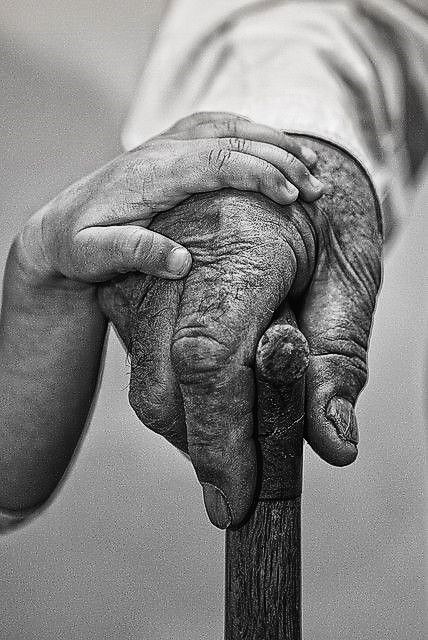
According to existing research, the practice of gratitude is linked to increases in life satisfaction, decreases in depression, and improved emotional and physical well-being. Here’s the great thing about this: We all have the capacity to experience gratitude. In fact, according to the Values in Action Classification of Strengths, gratitude is one of 24 character strengths every individual innately possesses to varying degrees. The challenge lies in intentionally flexing this strength on a regular basis to experience the ripple effect of positivity it creates and improve your mental health.
The Health Benefits of Gratitude
Some of the past research on the health impact of practicing gratitude studied individuals who denied any mental health concerns. To better understand the health benefits of gratitude as an intervention for addressing mental health concerns, various researchers at Indiana University studied nearly 300 individuals who were engaging in psychological services for depression and anxiety. They found that those who practiced gratitude as part of their treatment showed significant mental health improvement after four weeks and 12 weeks. They assessed that gratitude seems to help release a person from unhelpful emotional states and tap into a more positive perspective.
Harvard University also aggregated research conducted nationally at various universities which reported similar findings. These studies found that the people who practiced gratitude as part of their treatment (vs. those that focused on negative things) showed the most improvement and felt better about their lives. They reported greater happiness scores with lasting results.
In addition, practicing gratitude toward significant others has been shown to improve relationships, not only by helping couples feel more positively toward each other, but making them feel “more comfortable expressing concerns about their relationship.”
And research also suggests that adopting an attitude of gratitude does more than just make people feel happier. There’s science behind it. When researchers studied the physiological effects of gratitude on the brain, they found that it produced new neural connections to the “bliss center”. Additionally, they discovered that gratitude enhances dopamine and serotonin, contributes to cognitive restructuring, and helps regulate stress hormones, leading to a reduction in anxiety and fear.
So, how do we foster gratitude in a way that extends beyond the Thanksgiving table and into our daily lives? Here are some tips and tricks to adopt an attitude of gratitude versus just keeping it a holiday tradition.
How to Develop an Attitude of Gratitude
- Set a gratitude alarm.
The key to habit-making is creating time and maintaining consistency. A mobile ‘gratitude alarm’ can help keep you accountable. Set a recurring, daily alarm/notification to jumpstart or wind down your day with gratitude. If you notice yourself being unmotivated or distracted at the time this notice goes off, consider alternative times of day in which you may be more open to engaging in this practice.
- Keep a gratitude journal
Writing down what you are grateful for can enhance your ability to focus on and transcend into a place of gratitude. Utilizing a gratitude journal, you create a dedicated space for routine expression and reflection.
- Complete the Three Good Things exercise
Naming three things that went well in a day, no matter how big or small, will allow you to flex your gratitude strength, boost awareness of your use of other personal strengths, and shift your perspective toward positivity. Simply reflect, record, and review!
- Write a gratitude letter or card.
Address a gratitude letter to others or to yourself. In doing this, you reap the benefits of recognizing there are external and internal sources of goodness. This can enrich your relationships with others as well as your relationship with yourself. If you’d rather write a card, here is a resource from Mental Health America that makes it easy.
- Take a Mindful Minute
Writing not your thing? The key ingredient is being mindful or bringing awareness and attention to gratitude. Simply taking a minute to cherish the present or call to mind what/who you are grateful for can be sufficient. In this practice, consider tapping into your senses (i.e., sight, hearing, taste, touch, smell) to help you savour the moment and experience gratitude for your ability to connect and experience the world around you.
- Express Your Gratitude
Another way to feel thankfulness is by showing it to others. It can be as simple as thanking someone for their service or giving a special person a hug, so they feel appreciated. You could buy someone flowers or a little something that shows you care and are grateful that they are a part of your life.
- Gift Yourself an Attitude of Gratitude
Here’s the takeaway – gratitude doesn’t have to come and go with the holiday season. By readily incorporating gratitude into your daily routine, you can increase your capacity to experience fulfilment and wellness – physically and mentally.
